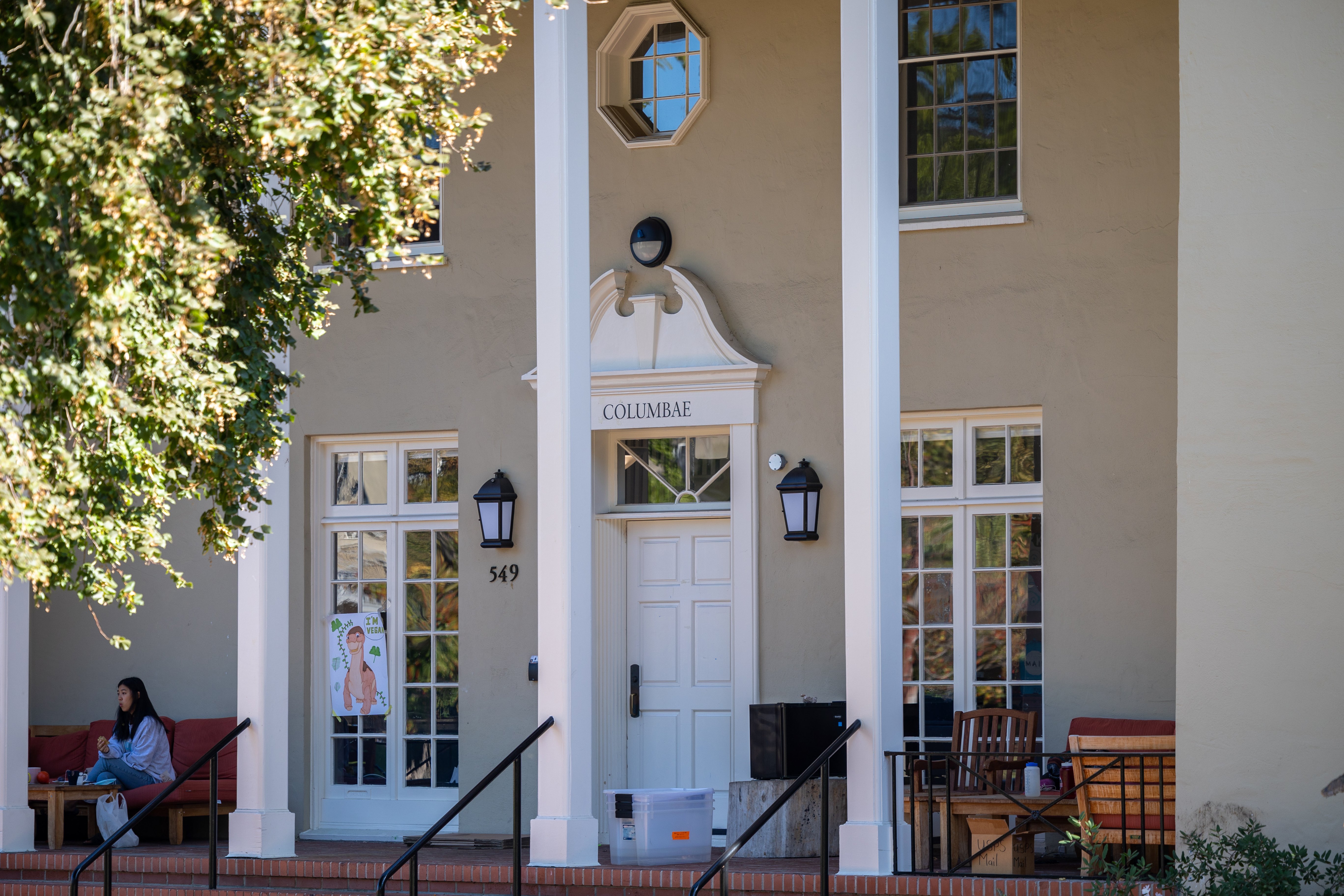Residential Education (ResEd) reopened pre-assign applications for Columbae on Thursday, reversing the University’s’ announcement on Tuesday that the social justice themed co-op would lose its theme next year, following a lack of interest in pre-assignment.
A petition to save Columbae was circulated broadly, with a focus on outreach to current students and alumni. According to Jason Hu ’26, an incoming residential assistant (RA) at Columbae, the petition received around 1,800 signatures.
Stanford will accept pre-assignment applications to Columbae until midnight on Sunday.
Hu said ResEd would contact people who signed a form circulated to current students. Respondents expressed interest in living in Columbae next fall.
Vardaan Shah, an incoming RA at another co-op, Terra, wrote that other co-op residents and supporters will table at White Plaza to protest the University’s lack of support to Columbae and other co-ops. “We’re hoping the university will see that interest is clearly present for Columbae and reinstate its co-op status and theme,” Shah wrote.
But the group’s goals extend beyond Columbae. They hope the University will recognize that changes in housing policies and the pre-assignment process paint an incomplete picture of student interest in co-ops, Shah wrote.
“We’ve received no mass communication from admin acknowledging there is some kind of resistance to their choice,” Shah wrote. He criticized that the burden to save Columbae — and administrative effort to establish interest in the co-op — fell on students. “We’re still the ones handling all the administrative details of this. No communication is still the norm.”
According to Shah and some supporters who gathered at an emergency meeting to support Columbae, the University’s approach to housing is divorced from student’s desire for community. While ResEd hoped to emulate the residential college model at peer universities on the East Coast, this was incompatible with the Stanford campus, Shah wrote.
“What they miss is that Stanford is not situated in the same way as those places,” Shah wrote.
For instance, several East Coast universities are located near cities like Boston or New York, Shah wrote. “Those places have cities near them, where students can find community and places to enjoy themselves, and [they] can go back to the campus to sleep and engage in intellectual life.”
As an expensive suburb, Palo Alto is not accessible to students, and co-ops like Columbae provide an important space to seek smaller, unconventional communities — as a result, Shah and others hope that the University will acknowledge the importance of co-ops.
The Daily has reached out to the University for comment.
